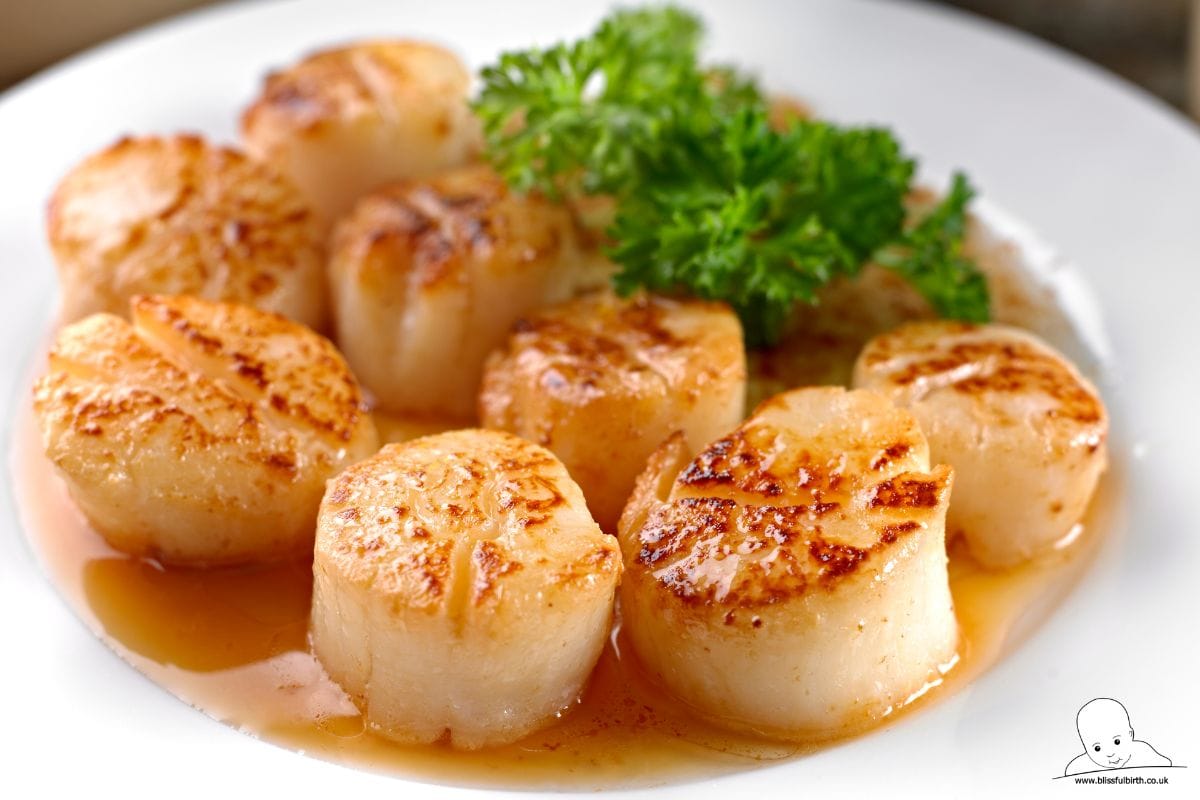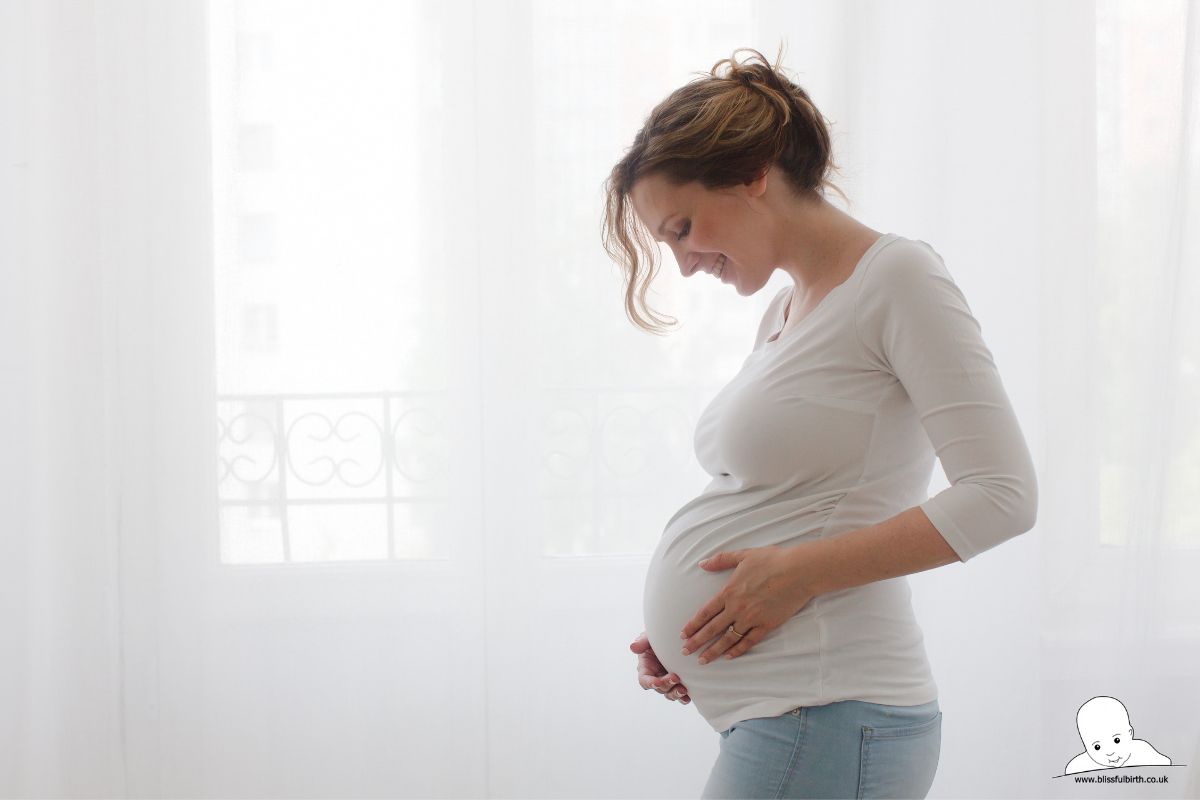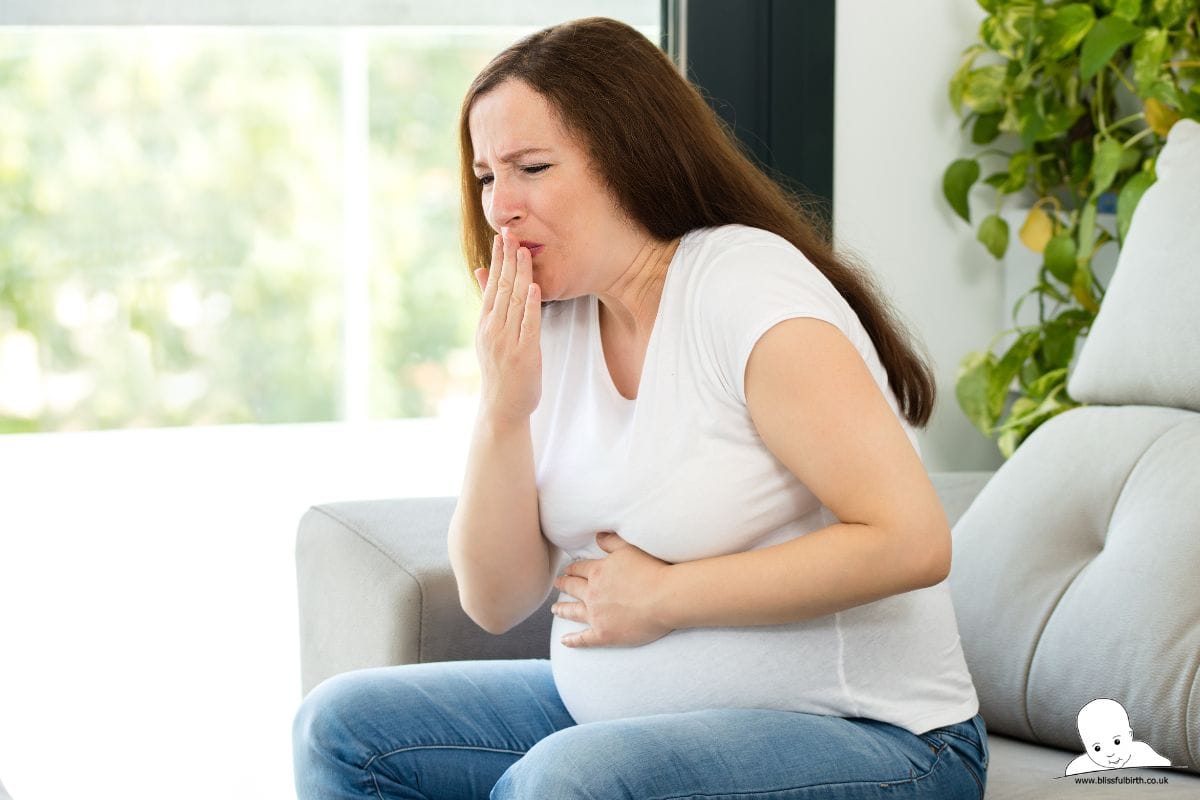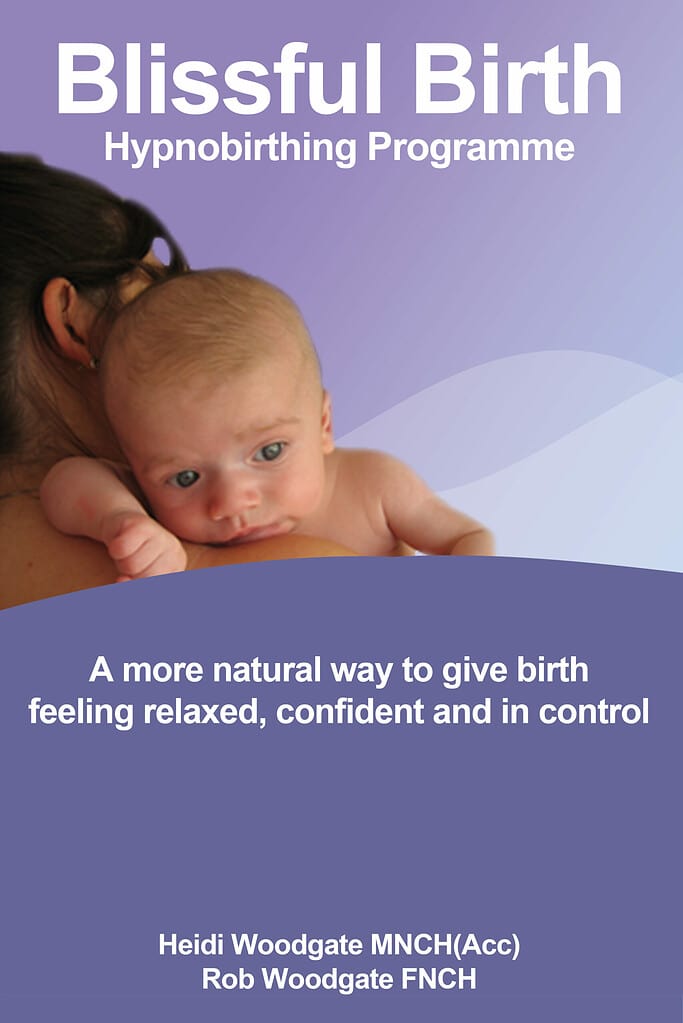Pregnancy can bring a lot of changes into your life, especially when it comes to your diet, and you’re probably keen to make sure you and your baby are receiving all the necessary nutrients to remain happy and healthy.
This may include being careful about what you’re eating or completely omitting certain foods from your diet that could pose a health risk to your unborn baby.

While fish and seafood can provide tons of nutritional benefits to you and your baby, including omega-3 fatty acids and protein, it can also be harmful due to the high levels of mercury.
When ingested in high amounts, mercury can negatively affect your unborn baby’s nervous system. Plus, seafood carries the risk of infection due to food-borne illness.
You may be wondering if this is the case for scallops. Well, to help you understand, we have created a complete guide to whether or not you can eat scallops while pregnant.
Let’s get started.
Table of Contents
Eating Scallops During Pregnancy
It is recommended by professionals that you include some seafood in your diet during pregnancy.
For instance, the Food and Drug Administration and the Dietary Guidelines for Americans 2020-2025, encourage you to eat 8 to 12 ounces of seafood a week.
This is dependent on whether the fish or shellfish is low in mercury. Nonetheless, this makes up approximately three servings.
Additionally, the American College of Obstetricians and Gynecologists also recommends pregnant or breastfeeding women eat two to three servings of various seafood a week.
That said, again, you’ll want to avoid seafood that is higher in mercury.
Some of the best choices to eat during pregnancy include salmon, shrimp, clams, herring, and, of course, sea scallops. This is because they are low in mercury.
If you consume too much mercury while pregnant, it can impact your unborn baby’s brain development.
Therefore, you’ll want to avoid large fish such as swordfish, tilefish, tunafish, king mackerel, and shark.
Consequently, as long as you make sure your scallops have been properly prepared, they can make a delicious and healthy meal that is both high in protein and nutrients.
When preparing your sea scallops, ensure they reach an internal temperature of at least 145 degrees Fahrenheit (63 degrees Celsius).
What Are The Benefits Of Eating Scallops While Pregnant?

When cooked, scallop meat is tender and white. Despite being popular for their slightly sweet and delicate taste, scallops (and seafood in general) are known for being packed with beneficial nutrients.
In fact, scallops are a great source of protein and other minerals including potassium, phosphorus, and iron. They also contain vitamin B12 and omega 3-fatty acids.
The U.S. The Food and Drug Administration (FDA) recommends breastfeeding and pregnant women eat seafood since it can benefit their baby’s development and growth.
Moreover, incorporating seafood into your diet – including scallops – can offer other benefits such as reducing the risk of obesity and improving heart health.
How To Cook Seafood
Even if you’re eating from the recommended list of seafood to consume while pregnant, you’ll want to make sure it is cooked properly to avoid harmful viruses and bacteria.
This is important because a woman’s immune system is strained during pregnancy – posing a risk of food-borne illnesses and infection of the mother and child.
Food-borne illnesses, including Toxoplasma Gondii and Listeria, can cause premature delivery, serious health problems, miscarriage, or even death.
As such, you’ll want to avoid any type of raw seafood preparation, including sashimi and sushi.
Likewise, avoid refrigerated seafood such as Nova style or as kippered, smoked, jerky, or lox.
You should cook your seafood until it reaches an optimal internal temperature of 145 degrees Fahrenheit (63C).
For those who don’t have a food thermometer, you can judge whether or not your seafood has been cooked long enough by its feel and appearance.
You’ll know your fish is properly cooked if it separates into flakes when pressed and has an opaque color throughout.
Lobster, shrimp, and scallops should be cooked until they are firm and have a milky white appearance.
Mussels, oysters, and clams should be cooked until their shells open. Plus, the ones that don’t open should be thrown away.
Seafood Precautions While Pregnant

Despite it being generally safe to eat some fish and seafood while pregnant, there are a few precautions you should take into consideration.
This includes allergic reactions and food poisoning.
Shellfish allergy symptoms can appear suddenly, even in adulthood.
Usually, the first symptom of a food allergy is a tingling sensation in your tongue and mouth.
This can happen within minutes of eating the food, however, it can sometimes take 48 hours to show an allergic reaction.
Other symptoms of an allergic reaction you should keep in mind include:
- Hives
- Itching
- Redness around the mouth
- Rashes
- Swelling
In addition to this, you’ll want to be aware of the possible symptoms of ingesting raw seafood.
Seafood that has been undercooked or ill-prepared may cause symptoms such as nausea, stomach cramps, upset stomach, diarrhoea, and vomiting.
Extreme food poisoning symptoms include:
- Vertigo
- Muscle pain
- Low blood pressure
- Irregular heart rhythms
How Many Scallops Can You Eat While Pregnant?
As previously mentioned, it is recommended by the DGA to eat 8 to 12 ounces of seafood a week during pregnancy.
This is supported by the FDA which suggests that people use the palm of their hand for a 4-ounce reference. 2 to 3 servings of scallops can be eaten weekly.
Final Thoughts
There are a lot of things to keep in mind while pregnant for the protection of both mother and child. This includes the types of food you’re eating, too.
Seafood can provide you with a ton of nutritional benefits, but you’ll want to make sure it is properly prepared and contains low levels of mercury.
As such, it’s the same story for many other everyday foods (such as banana), herbs and spices (such as cinnamon and ashwagandha), which are generally good for you, but with cautions during pregnancy.
One of the best seafood options is scallops. Hopefully, this guide has informed you on everything you need to know about eating scallops while pregnant.




